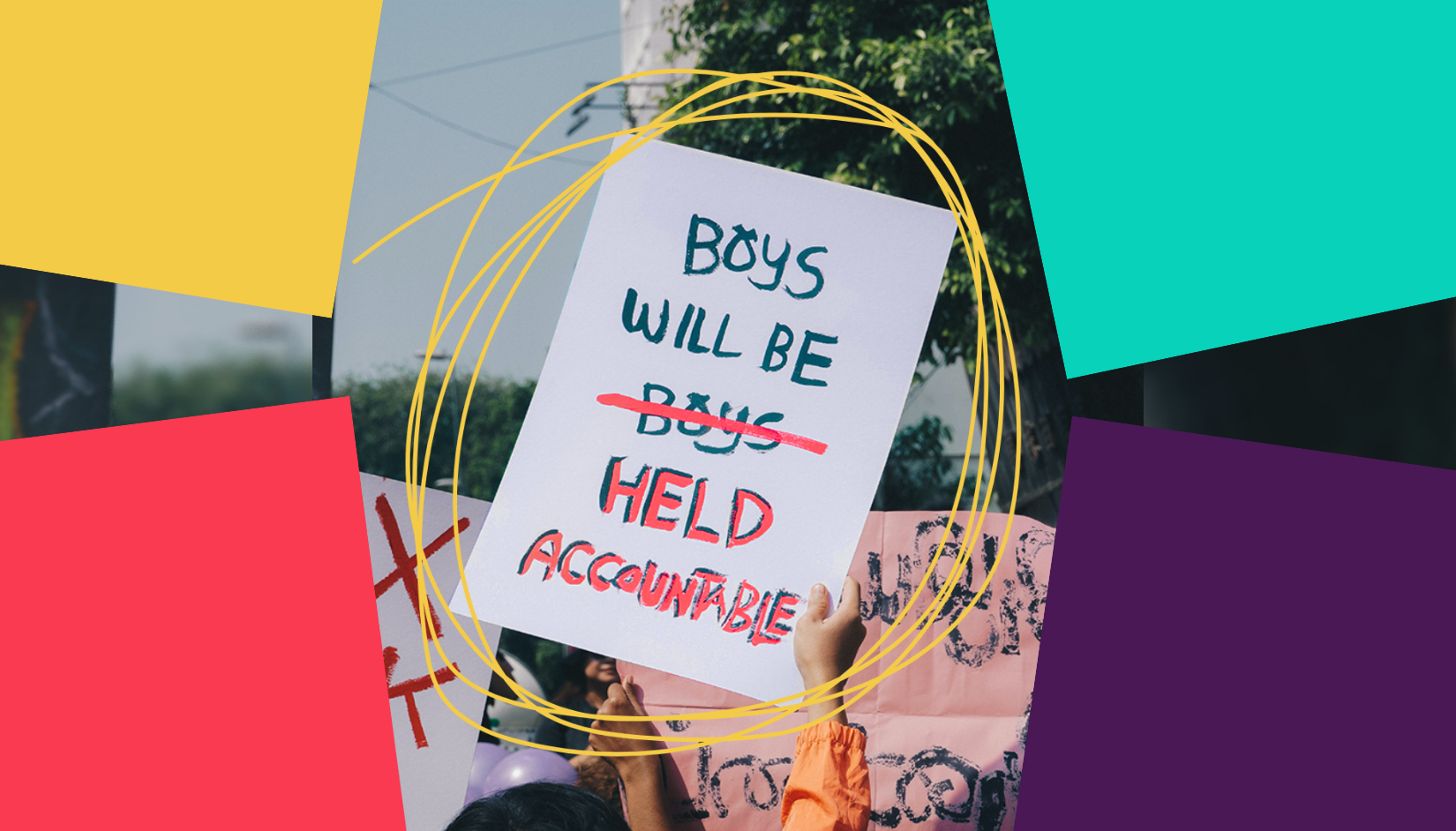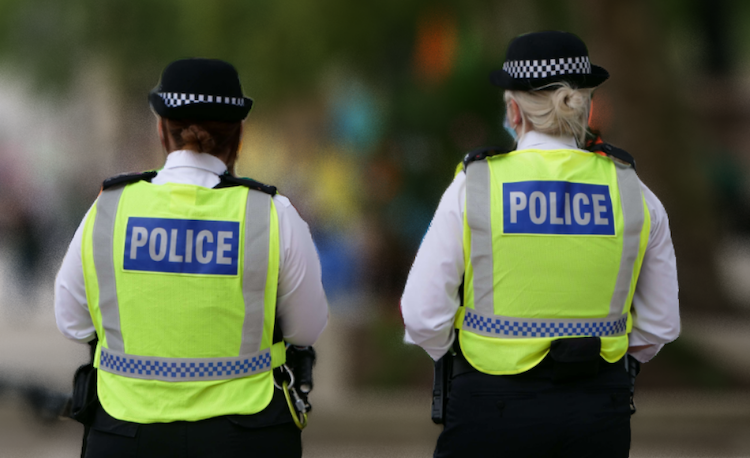 25 Nov
25 Nov
Today (14th October 2022), the National Police Chiefs Council (NPCC) and College of Policing have published a review of police-perpetrated violence against women and girls, finding that a number of institutional failings are preventing perpetrators from facing accountability.
A number of the report’s findings are outlined below.
Supporting victims of police-perpetrated domestic abuse
The police inspectorate’s response to a recent super-complaint submitted by the Centre for Women’s Justice found that victims often do not receive the appropriate response or support when reporting police-perpetrated domestic abuse: only 40% of reports of police-perpetrated domestic abuse resulted in a misconduct investigation, just 8 cases out of 122 were referred to the IOPC and only 9% of cases resulted in criminal charging.
What’s more, police abuse of powers for sexual purposes is now the single biggest form of corruption dealt with by the Independent Office for Police Complaints.
The End Violence Against Women Coalition is clear that these cases are likely just the tip of the iceberg, given the additional barriers to reporting to the police when violence is perpetrated by an officer.
While the report states that all 43 chief constables across England and Wales have accepted the police inspectorate’s recommendation to review support provision for victims, the fact that immediate action is recommended in this report makes clear that this is still a major issue.
Raising awareness
The report highlights that some forces have put awareness campaigns into practice using posters, videos and training to improve reporting and the response to, police-perpetrated violence against women.
It highlights one force in which awareness-raising campaigns over the last year have led to an 80% increase in the number of misconduct cases of police-perpetrated domestic abuse and sexual offending.
But until forces face up to their systemic cultures of racism and misogyny, awareness-raising campaigns will not improve the response to police-perpetrated violence. We continue to call for significant root and branch transformation to urgently confront and tackle the culture of policing.
Improving investigators’ practice
The report found inadequate data collection and recording, and a lack of information sharing between criminal and gross misconduct investigations and the Professional Standards Department, which undermines disciplinary outcomes.
Survivors know too well that forces do not have a fair or consistent approach to misconduct claims, and most perpetrators do not face any meaningful consequences. This must be urgently addressed if we are to build women’s trust and confidence in policing.
The Met: a force in crisis
Today’s report follows fresh evidence of systemic racism and misogyny in the Met Police which emerged after a BBC Newsnight investigation last week reported racist, misogynistic and homophobic Whatsapp messages shared between six serving officers and a former officer, who are now facing a criminal investigation.
These revelations follow on the heels of the IOPC’s Hotton report, which exposed institutional misogyny and racism in the Met Police.
With policing under scrutiny, the new Met Commissioner Mark Rowley has announced the creation of a new ‘anti-corruption’ unit in the Met, with 100 officers assigned to root out criminal colleagues within the force.
However, with substantial evidence that the Met’s issues are systemic and institutional, and while they remain a force in special measures, we are concerned that treating these abuses of power as ‘corruption’ only reinforces the damaging myth that police perpetrators are just ‘a few bad apples’. This approach will not transform the culture of an institution which is so badly failing women.
At this critical time for policing, the End Violence Against Women Coalition joins groups and communities across the country in calling for an immediate reversal of plans to hand the police yet more powers via the Public Order Bill. In addition, we call for the Human Rights Act to be protected, as the government’s plans to scrap it will be detrimental to survivors who are failed by state institutions like the police.
Any moves to reduce accountability and access to justice are dangerous for women and girls as well as Black and minoritised communities who already face over-surveillance and disproportionate police violence.
Andrea Simon, Director of the End Violence Against Women Coalition (EVAW), said:
“We’re facing an endless stream of revelations about police perpetrated violence against women, racism, misogyny and discrimination, and there is a tidal wave of public demand for change.
This latest report confirms what women’s groups and campaigners have been saying for years – that we have to deal with an institutional policing culture which enables officers to evade accountability for abuse. This has a tremendous impact on women’s trust and confidence in policing, and must be dealt with before we can take seriously promises that violence against women is a priority for the justice system.
We are still hearing police leaders, including the new Met Commissioner, talk about dealing with individual corrupt officers, but we need to understand how they will tackle transforming the culture of policing and deal with the devastating scale of police perpetrated abuse.
Core processes around vetting, ethics, standards and training are inconsistent and need root and branch reform. Officers can too easily avoid serious consequences for misconduct and there must be greater external scrutiny of internal misconduct processes as well as greater accountability to victims and their families.
We call on the government to ensure that recommendations from this report and the many others that have scrutinised police failures are finally implemented across all 43 police forces. If we’re serious about addressing damaged trust and confidence, this is not the time to reduce accountability and oversight of policing, or to hand the police more powers in legislation.”
ENDS
Media contact
Sinead Geoghegan, Communications Manager, EVAW: 07960 744 502 media@evaw.org.uk
Recommended ARTICLES
 25 Nov
25 Nov
 15 Nov
15 Nov
 12 Nov
12 Nov

